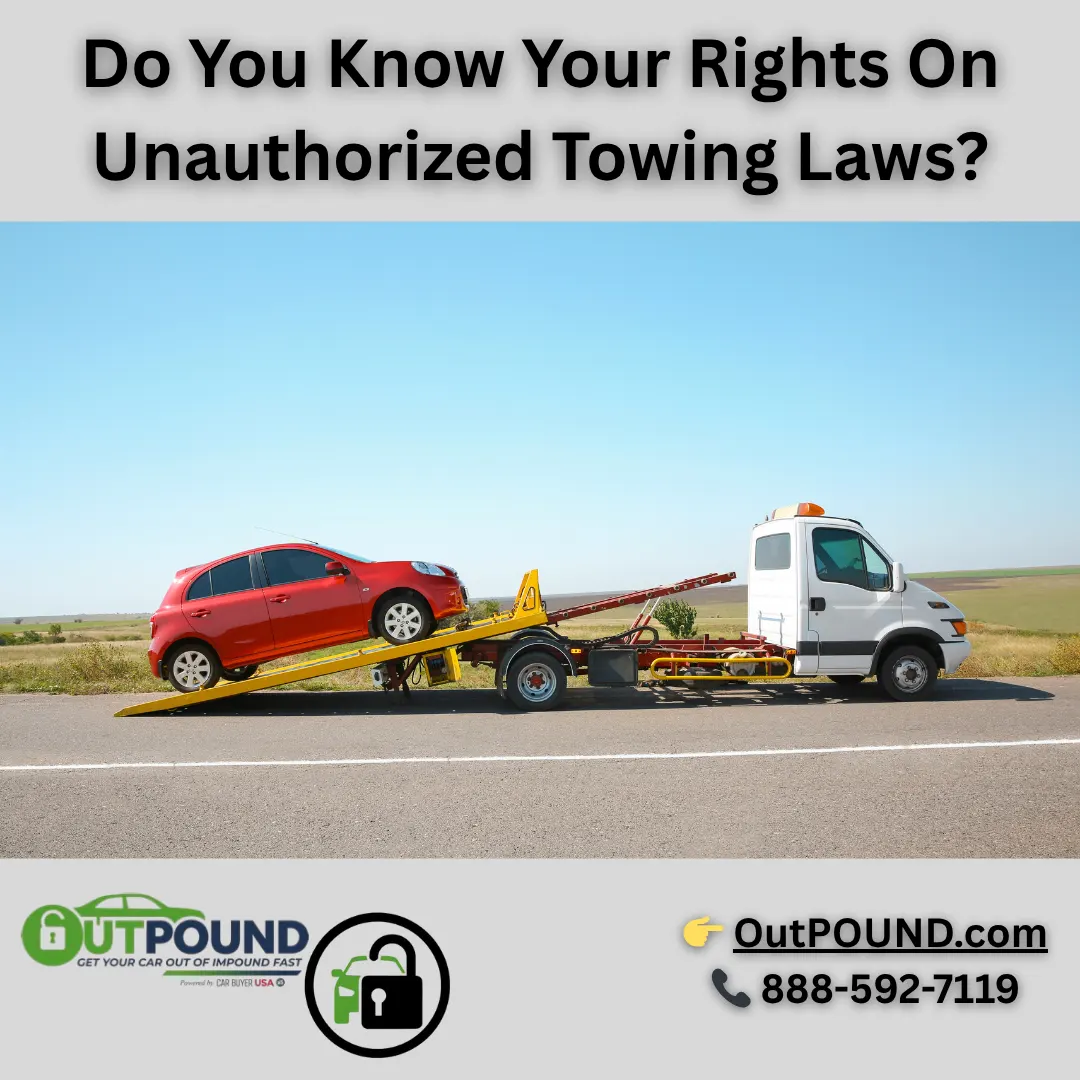
Unauthorized vehicle towing—often referred to as involuntary towing—occurs when a car is removed from private property without the owner’s direct permission. This usually happens in areas like apartment complexes, shopping center parking lots, or unauthorized spaces on private land. To protect consumers from unfair practices, states across the U.S. have established laws regulating how and when a vehicle can be towed, what fees may be charged, and how transparent the towing process must be.
One of the most important aspects of these laws is fee regulation. Many states cap how much towing companies can charge for the tow itself as well as for daily storage fees. Without these limits, some companies may exploit vehicle owners by imposing exorbitant charges—especially if the vehicle is held for several days. In addition to setting maximum rates, some states require that towing fees be clearly posted at the towing site or disclosed upon request, helping consumers avoid surprise costs.
Transparency in towing practices is also heavily emphasized in state regulations. In many places, towing companies are required to notify local law enforcement or a designated city office soon after a vehicle is towed. This ensures there is a record of the tow and helps the vehicle owner locate their car more easily. In some states, the absence of this notice may render the tow unlawful.
Another common legal safeguard involves signage. States typically mandate that clearly visible warning signs be posted in private lots where unauthorized towing is enforced. These signs usually need to include the name and phone number of the towing company, the towing fee structure, and the name of the property owner or agent authorizing the tow. If these signs are not present or fail to meet state standards, the towing company could be held accountable and the tow could be challenged.
Some states go further in protecting consumer rights. For instance, you might have the right to retrieve personal belongings from your vehicle even if you haven’t paid the towing or storage fees. Others require companies to issue itemized billing to ensure transparency, or offer reimbursement if a tow is proven to be wrongful. A few even allow consumers to recover legal fees if they win a towing dispute.
It’s important to note that these protections are not uniform across all states. Some have much stronger consumer measures in place than others. To know your rights, check whether your state limits maximum towing and storage fees, mandates itemized bills, allows access to personal items prior to payment, or provides compensation for improper towing.
For information tailored to your location, go directly to your state’s legislative website, Department of Motor Vehicles (DMV), or Attorney General’s office. Use search terms such as “towing,” “impound,” or “vehicle removal” to find the most accurate and up-to-date information. Being informed empowers you to recognize and challenge unfair practices, and ensures you're better prepared if your vehicle is ever towed without your consent.

